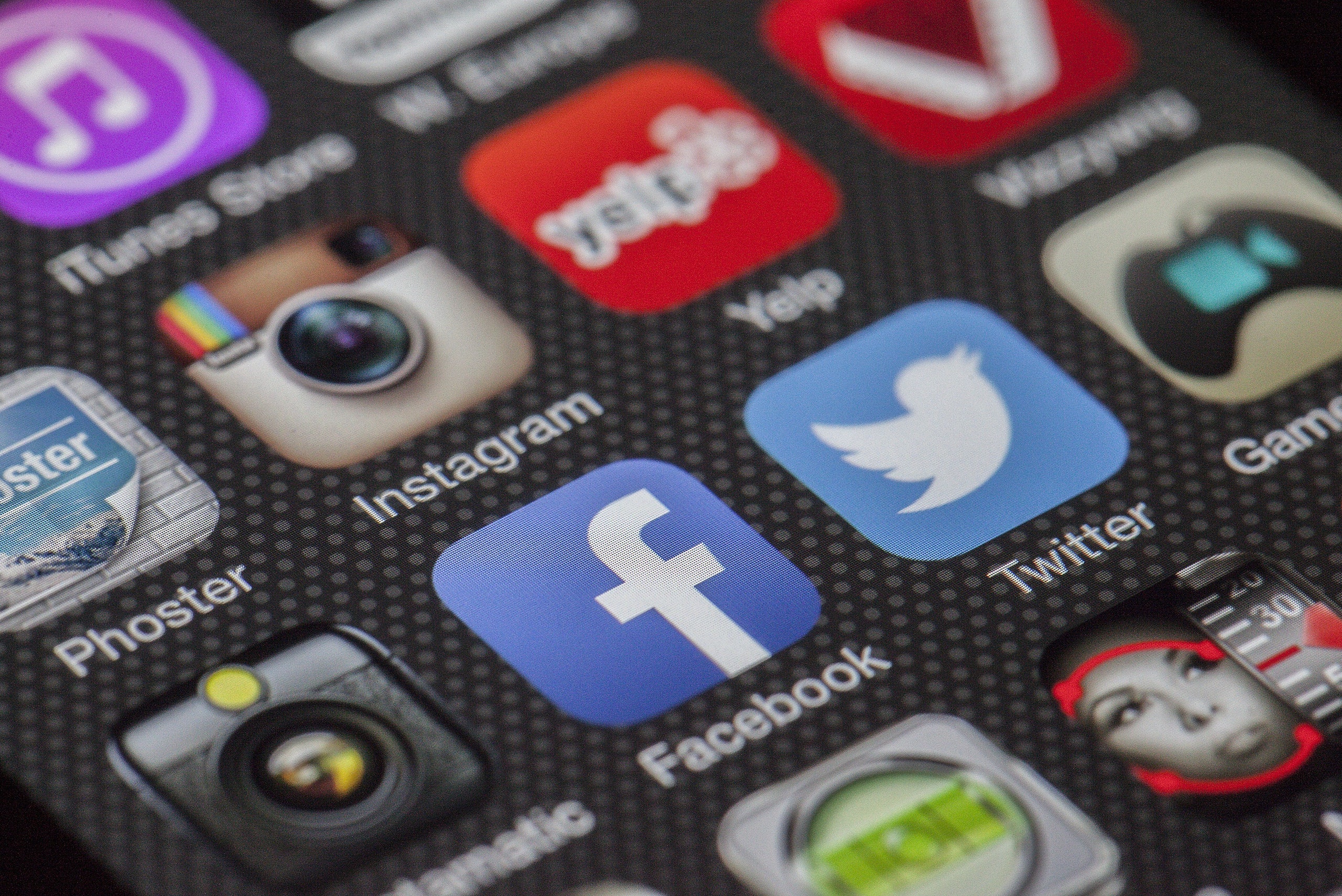Newer, more visible digital technologies have made it easier than ever for people to track their friends and followers. As the old saying goes, there’s no such thing as bad publicity, right? Perhaps not in the short term. However, social media users can find themselves feeling anxious about what other people think of them and that may lead to mental health issues like social anxiety and depression. The prevalence of depression and anxiety has increased substantially in recent years especially since Covid and the Worldwide Lockdowns. Around one in five people will experience some form of mental illness at some point in their life. These conditions are treatable but recovery is a long process and requires support from family, friends and professionals who understand the challenges involved in managing your mental health.
What is Depression?
Depression is a mood disorder that affects around one in 10 people at some point in their lives. It can lead to feelings of sadness, loss of interest in life, low energy, and difficulty sleeping and concentrating. It can also be linked to feelings of guilt, anxiety, and a sense of hopelessness about the future. Although people commonly think of depression as a once-off episode, it is actually more likely to be a long-term condition. It affects all kinds of people, from all walks of life, but certain groups such as women, young people, and people from lower income households are particularly at risk. Depression is not a sign of weakness, nor can it be “cured” by “trying harder.” Research shows that it is a health condition that affects the brain, just like diabetes affects the pancreas, or high blood pressure affects the heart.
What is Social Anxiety?
Social anxiety is an intense fear of being scrutinized or negatively judged by others. It can lead to extreme emotional reactions in social situations, and can significantly impact your social interactions. Social anxiety can significantly affect your quality of life. It can lead to missed opportunities, limited career progression, and can even lead to you limiting your social interactions to the extent that it negatively impacts your mental health. Social anxiety can present itself in a number of different ways including feelings of dread before social situations, blushing, sweating, trembling or having butterflies in your stomach.
How Is Depression and Anxiety Linked to Social Media?
The rise in mental health issues like depression and anxiety has been linked by many experts to the rise in digital technologies. Social media has revolutionized the way we interact with each other, particularly in terms of forming and maintaining relationships. However, heavy social media use can lead to feelings of inadequacy and the need to “keep up with the Joneses” when it comes to the amount of followers, likes, and retweets. Although social media can be used as a valuable and effective communication tool, it’s important to know when to log off and put your phone down. One study found that frequent social media users were more likely to experience feelings of depression and anxiety than people who used social media less frequently. This can be due to comparing yourself to others on social media. Another study found that college students who used social media heavily were twice as likely to be clinically depressed, even when other possible factors like financial issues or relationship problems were taken into consideration.
Strategies for Managing Your Mental Health
Notice if you are comparing yourself to other social media users. If so, log off and put your phone down. Remember that people put their best foot forward when they are posting on social media. Don’t let social media consume your life. You don’t need to be online every waking moment of the day. Take regular breaks from social media. Consider setting specific times each day when you will log off. Get away from the computer and smartphone every so often and get some exercise outside. Try to lead a balanced life that includes friends and family, fitness, work, and other activities that bring you joy. Remember that you are more than just a social media user. You are a complex human being with many facets to your personality. Don’t let social media lead to feelings of depression and anxiety. Seek support from family, friends, and professionals if your social media use starts to negatively impact your mental health.
Social media can be an effective tool for staying in touch with friends and family that you might not otherwise see very often. However, it is important to remember to keep it in check and not to let it become a source of anxiety or feelings of inadequacy. It’s also important to remember that technology, no matter how innovative, can be a poor substitute for real-life human interaction.

